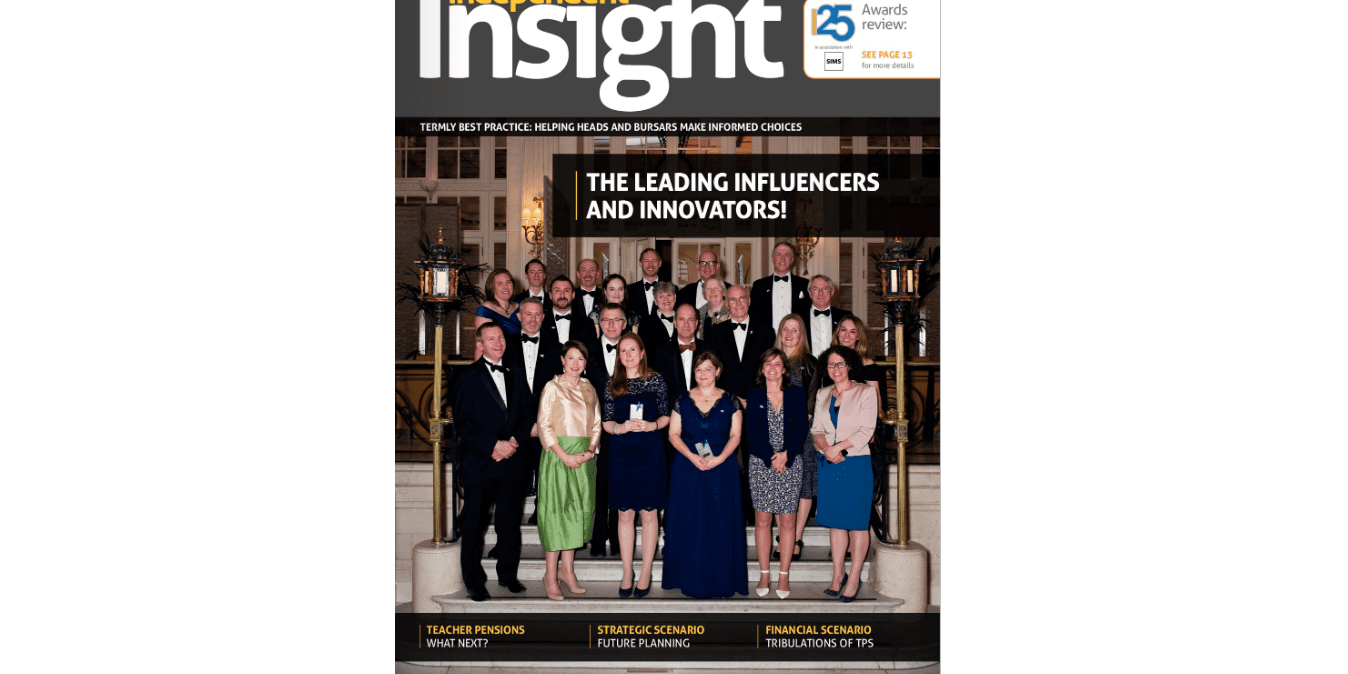Original Source: Independent Insight Magazine by iExcellence
At the educational conference in early March, organized by the Public Policy Exchange, the debate centered on how to maintain the UK’s position as the leading destination for education. UK schools and universities have long been considered amongst the best in the world. But in the current political and economic climate, UK educationalists feel the need to hone their strategies and use them effectively to attract both the students from the countries traditionally interested in UK education, and new clients from emerging markets.
At the beginning of the discussion, the attendees were invited to look afresh at what attracts international students to the UK. The Queen. Harry and Megan. The sites. Museums and cultural heritage. The Beatles. The countryside – walks by the seaside, fish & chips and a pint in a pub. As well as intangible assets: reputation for tolerance, understatement and self-control, a sense of humor. We have a stiff upper lip and can make fun of it. We don’t say what we mean. ‘It’s interesting’ means ‘it‘s crap’, ‘you must come to dinner some time’ means ‘we’ll never meet again’; our coded messages leave foreign students in a state of wonderment. Innovation in music, fashion and design. Job opportunities. Infrastructure – good public transport, wide choice of schools and universities, multiple subject choices, excellent facilities for both sciences and humanities. We take it all for granted, but seen through the eyes of foreign students, these are serious assets to capitalize on. We also have an excellent research record and an innovative approach to teaching and learning. Once we are clear about what makes us attractive, we can develop effective strategies to market it.
One of the speakers at the conference, Saskia Loer Hanson, a Vice Chancellor of Aston University, spoke about the importance of partnerships. Good partnerships are crucial for successful recruitment of international students and for gaining access to new markets. She emphasised the importance of choosing partners carefully and being clear what the partnerships are for – whether they provide operational opportunities or strategic alliances. An example of a successful operational opportunity is a partnership between Aston University, Rolls Royce and the University of Danang to build an Aston University campus in Vietnam. On the opposite side of the spectrum, a strategic opportunity with little financial risk, was a successful partnership between Aston and Cranfield Universities in the UK and Muscat University in Oman, funded by Omani families and supported by the Sulan of Oman, which provided the two UK partners with a Hub in the Gulf.
Neil Herrington of Regent’s University offered some practical advice on how to recruit international students, taking into account the post-referendum turmoil in the UK:
- Think how the Referendum might affect you in terms of your profile and how you can mitigate those risks through your messages.
- Understand students and how they behave
- Invest in digital, use digital marketing to improve targeting
- Strengthen your position in relation to your competitors
- Explore new markets without abandoning Europe
- Refine the understanding of who are your students, review commissioning to agents, work closer with fewer select agents
- Attract students by providing scholarships – look to utilise corporate and alumni relationships, use other criteria than grades
Julie Allen, Director of Policy at the UK Council for International Student Affairs, spoke about how simple, small steps can transform the experience of international students in the UK, and how making foreign students happy could in turn enhance the international reputation of an institution.
The objective for any educational establishment which accepts international students, should be to provide them with an outstanding international experience. To do this, one needs to implement a robust student support system. The Cambridge English dictionary defines robust as: ‘strong and unlikely to break’. The message from Julie Allen was loud and clear: schools and universities hosting international students should envisage the problems international students may encounter, and provide consistent, unfaltering support throughout their education.
In deciding how to help international students integrate, it’s important to pay attention to their basic needs. Julie Allen spoke about a pilot project run by the university of Reading, developed on the understanding that one of the challenges international students face in a foreign country is food. The university decided to see what they could do to help foreign students eat well. They organised talks about food, competitions of the best recipe and a favorite meal. The competitions proved hugely successful: not only have they helped students to adapt to local food, they made them feel warm towards the institution where they were studying. The time in-between proved useful too – this was when students got to chat to the staff, and relationships were formed. This example showed how small, thoughtful and meaningful things can go a long way in providing international students with robust and lasting support. And if they are happy and feel that they belong, they return home and spread the word, and more students from their country come to study. What goes around comes around.


